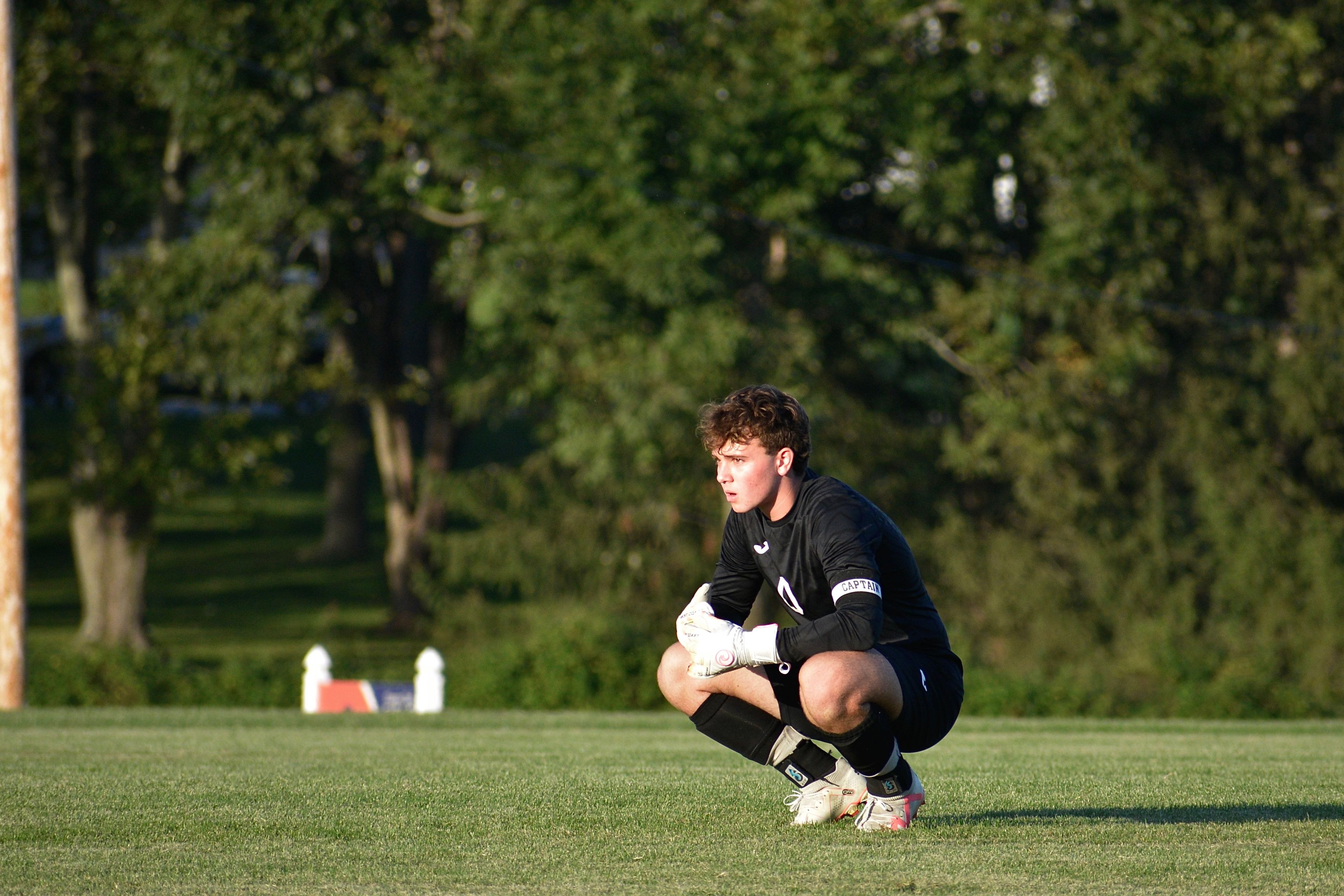Hunters should be aware of West Nile virus risks
Chicago Tribune CHICAGO -- The mosquitoes were dense and aggressive in the trees and a field where hunters planned to shoot geese flying overhead. No matter that the camouflage-covered men squirted insect repellent -- bugs found unprotected inches of bare flesh or simply bit through clothing...
Chicago Tribune
CHICAGO -- The mosquitoes were dense and aggressive in the trees and a field where hunters planned to shoot geese flying overhead. No matter that the camouflage-covered men squirted insect repellent -- bugs found unprotected inches of bare flesh or simply bit through clothing.
Thankfully, there was no daily bag limit on skeeters. You could take only five geese, but you could squash as many mosquitoes as you wanted.
This has been the year of West Nile virus in Illinois and Missouri, with increased incidents, attention and serious consequences resulting from mosquito bites. And it just may be that outdoorsmen are at the greatest risk of all. The average citizen may walk only from the house to the car to the office. The average fisherman or hunter lingers in the woods, near standing water, for hours at a time.
Though we are constantly reassured that the odds are Lotto-winning high against being bitten by a West Nile virus-carrying mosquito and contracting the illness, the fact that Illinois is the nation's leading state with deaths and cases reported is hardly comforting. The high-profile threat has made outdoorsmen pause, but it is not turning them into indoorsmen.
"We are nuts. What can I say?" said goose hunter Stephane Goupil of Crystal Lake, Ill.
The matter is of sufficient alarm that the Illinois Department of Natural Resources issued an advisory to outdoorsmen. It appeared in the September issue of Outdoor Illinois magazine and elsewhere.
"If you enjoy the outdoors, be alert to the possibility of West Nile virus," it reads.
The virus has moved steadily westward from the East Coast over the last couple of years. It is carried by infected birds through mosquitoes to humans. Although most people bitten will show no signs of illness, minor symptoms can be headache and fever. In more serious cases, symptoms can include brain inflammation, disorientation, tremors, coma and death.
The state agency recommends that outdoorsmen try to avoid being outside at dawn or dusk when mosquitoes are most active and that they wear hats, long sleeves and long pants in the field. Powerful insect repellent, with 25 to 35 percent DEET, was also suggested.
"People shouldn't be afraid to go outside," said agency spokeswoman Carol Knowles, who called the attention focused on West Nile virus "overblown" because of the odds against getting sick. "We're just educating people. Don't be afraid of this, but be aware." On the goose hunt, mosquitoes seemed particularly bothersome before sunrise. Goose hunting is a head-to-toe camouflage activity, so we all wore long pants and long sleeves and hats.
Connect with the Southeast Missourian Newsroom:
For corrections to this story or other insights for the editor, click here. To submit a letter to the editor, click here. To learn about the Southeast Missourian’s AI Policy, click here.








